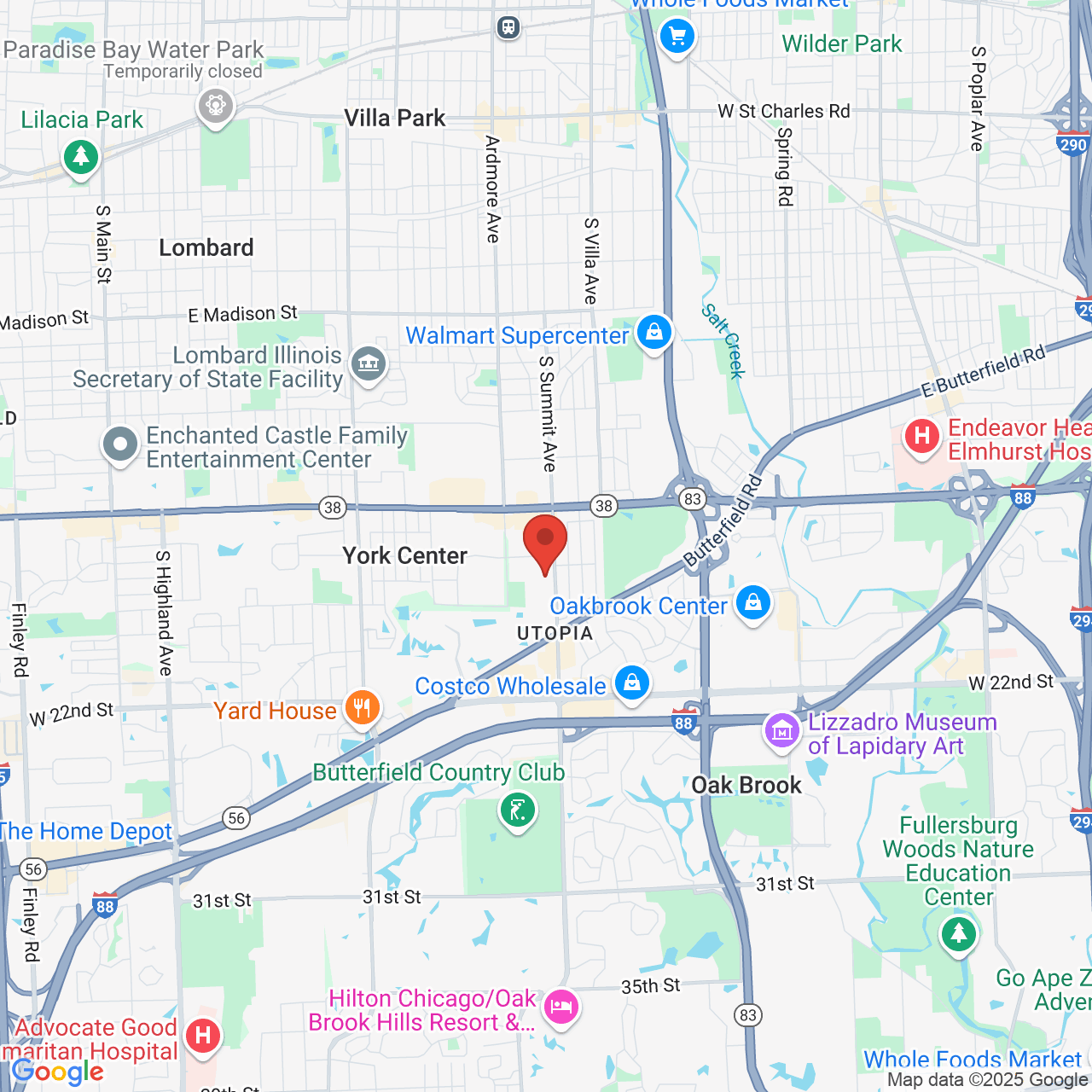Understanding Diffuse and Progressive Hair Loss Patterns
 We at Chicago Hair Institute always strive to tailor treatments to the patient, whether this involves surgery or recommendations for various non-surgical treatments. For instance, treating male pattern baldness calls for different approaches than treating women's hair loss and thinning.
We at Chicago Hair Institute always strive to tailor treatments to the patient, whether this involves surgery or recommendations for various non-surgical treatments. For instance, treating male pattern baldness calls for different approaches than treating women's hair loss and thinning.
With this in mind, we want to look at two different kinds of balding--progressive and diffuse--and broadly consider what causes them and how they can be treated.
Hair Loss Patterns Can Vary
While people who suffer from hair loss may not consider the nature of what they are experiencing, there are different kinds of hair loss that occur, and it's of the utmost importance the the type of hair loss being experienced be assessed. The nature of the hair loss will often determine the cause of the hair loss as well as the best option for treatment.
What Is Progressive Hair Loss?
Progressive hair loss refers to genetic hair loss. This is also known as androgenic alopecia, a condition that affects around 70 percent of men as well as 40 percent of women. When progressive hair loss affects men, it usually starts around the early to mid 20, affecting the front of the hairline and the crown of the head. In women, progressive hair loss tends to start in the 30s or 40s, with the hair loss occurring all over the scalp.
How Can Progressive Hair Loss Be Treated?
Progressive hair loss can be treated through a variety of surgical and non-surgical options. When it comes to non-surgical treatments for hair loss, this typically means the use of Rogaine or Propecia to help thicken existing hair and promote hair growth. Surgically, various kinds of hair transplant surgeries may be considered. Keep in mind that surgery tends to be a better option for men rather than women simply given the nature of male hair loss.
What Is Diffuse Hair Loss?
Diffuse hair loss refers to a thinning of the hair all over the scalp. This condition is often referred to as telogen effluvium, and it's the result of hairs being in a dormant/rest phase rather than a growth phase. While progressive hair loss is linked to generic factors, diffuse hair loss may be the result of hormonal imbalances, high stress, and other kinds of health conditions.
How Can Diffuse Hair Loss Be Treated?
In general, the best option for dealing with diffuse hair loss is to identify the exact cause of the problem and remedy that. This will help bring hair back into a growth phase rather than a dormant phase, with natural hair regrowth occurring as a result. Minor use of non-surgical hair restoration may be considered as needed.
Tailoring Hair Restoration Treatments to Your Needs
As always, our primary goal is to ensure patients receive custom hair restoration that directly addresses their needs. By noting the nature and the cause of your hair loss, we can initiate ideal treatments just for you.
Contact Chicago Hair Institute
For more information about different types of hair loss and how they can be treated, be sure to contact our hair restoration surgery center today. We look forward to your visit and discussing you treatment options in greater detail.





